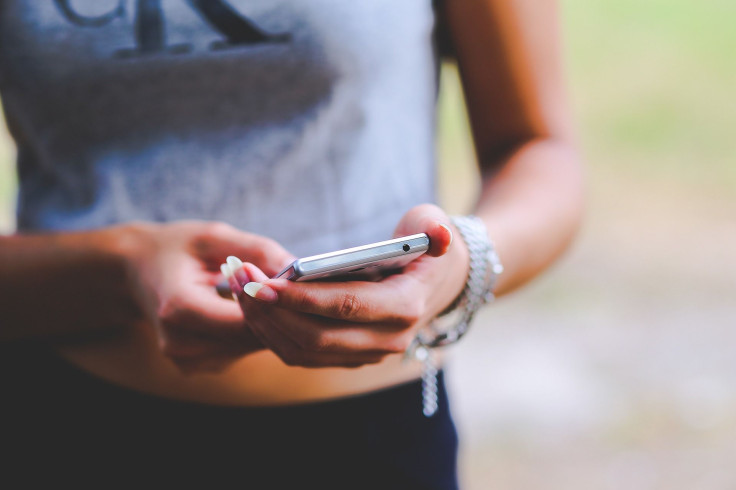
A Los Angeles school board district has approved banning cellphone and social media usage during the school day, a measure that is set to reach over 420,000 students.
Concretely, the Los Angeles Unified School District's Board of Education approved a resolution to develop such a policy within 120 days. It will go into effect by January of next year, the board said, and aims to reduce classroom distraction and protect students' mental health.
"I think we're going to be on the vanguard here, and students and this entire city and country are going to benefit as a result," said board member Nick Melvoin, who proposed the resolution.
The ban will expand on existing policy from 2011 which bans cellphone use during the school day "excluding lunch or nutrition breaks."
California Governor Gavin Newsom said he supports such efforts across the state. In 2019 he had signed legislation allowing districts to limit or ban smartphone use at school. The measure, however, didn't require them to do so.
To back his claim, Newsom made reference to a recent statement by the country's Surgeon General, who said social media is harming teenagers' mental health and asked platforms carry tobacco-style labels warning about their danger.
"As the Surgeon General affirmed, social media is harming the mental health of our youth," said Newsom. "Building on legislation I signed in 2019, I look forward to working with the Legislature to restrict the use of smartphones during the school day. When children and teens are in school, they should be focused on their studies — not their screens."
The decision comes a few months after the American Psychological Association (APA), a top group in the country, urged lawmakers and social media companies to do more to protect minors from the networks' impact on their mental health.
Features like endless scrolling and push notifications are "particularly risky" addictive experiences, and the fact that their brains have not fully developed yet mean it's harder for them to disengage, the association said.
The group also requested fundamental design changes, rather than cosmetic ones like age restrictions, as kids usually find ways around them.
"The platforms seem to be designed to keep kids engaged for as long as possible, to keep them on there. And kids are just not able to resist those impulses as effectively as adults," APA chief science officer Mitch Prinstein said, adding that more than half of teens report at least one symptom of clinical dependence on social media. "Although some platforms have experimented with modest changes, it is not enough to ensure children are safe," he said.
Several states have sued the main social media apps, TikTok, Meta's Facebook and Instagram among them, accusing them of harming young users' mental health through features that demand their constant attention.
In March, Florida passed one of the country's most restrictive social media laws, going beyond schools as it completely bans social media accounts for children under 14 and requires parental permission for those aged 15 and 16. It will take effect on the first day on the next year.
© 2025 Latin Times. All rights reserved. Do not reproduce without permission.





